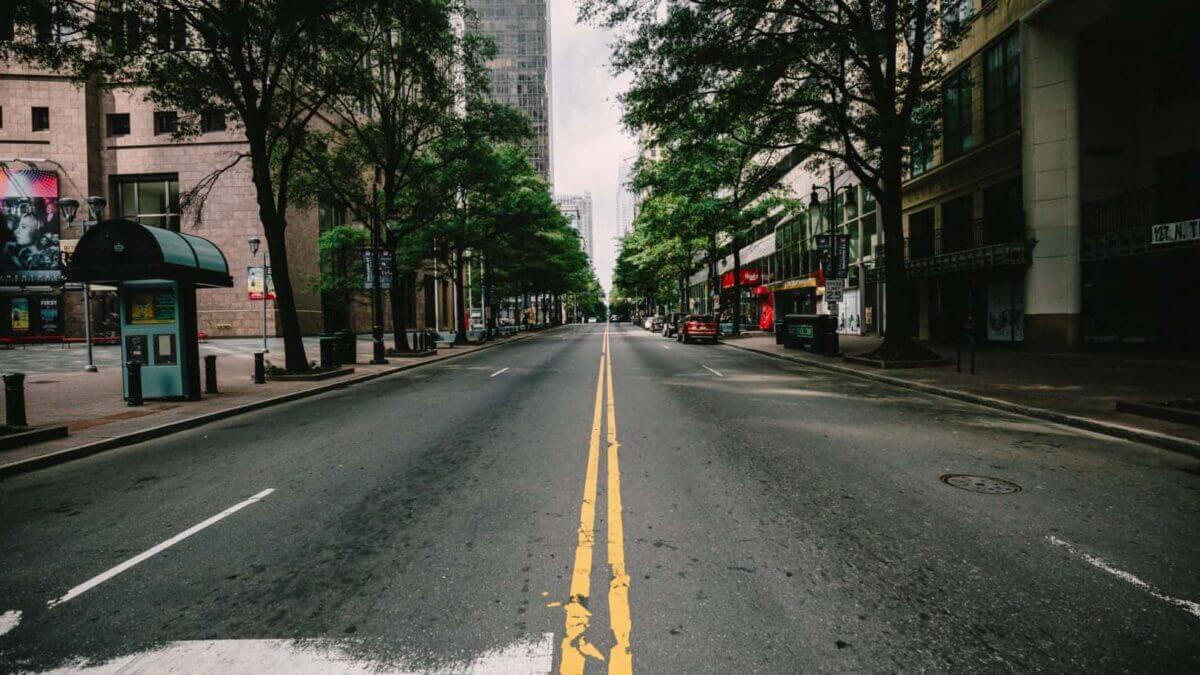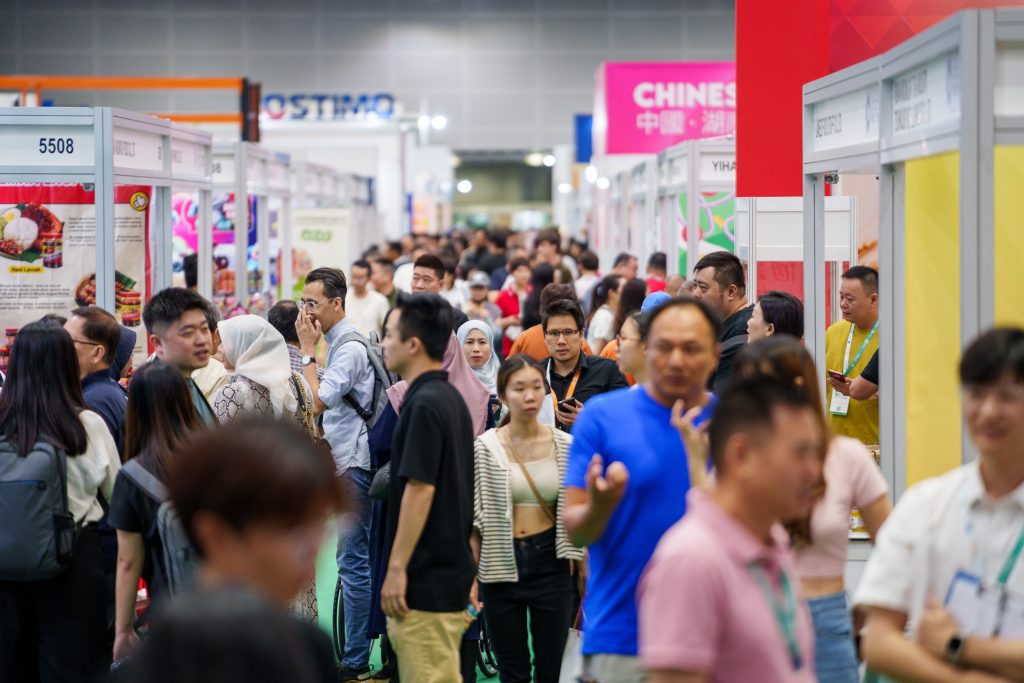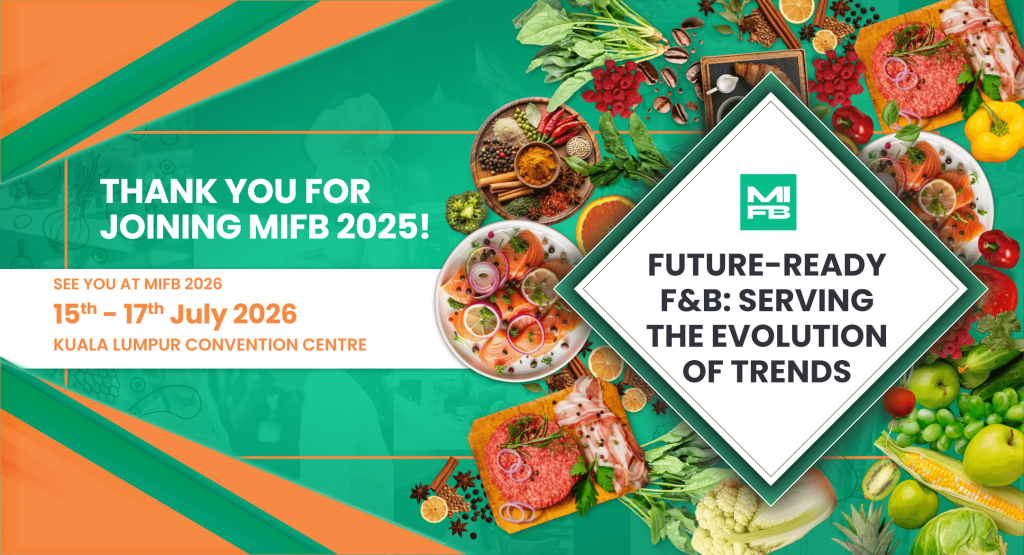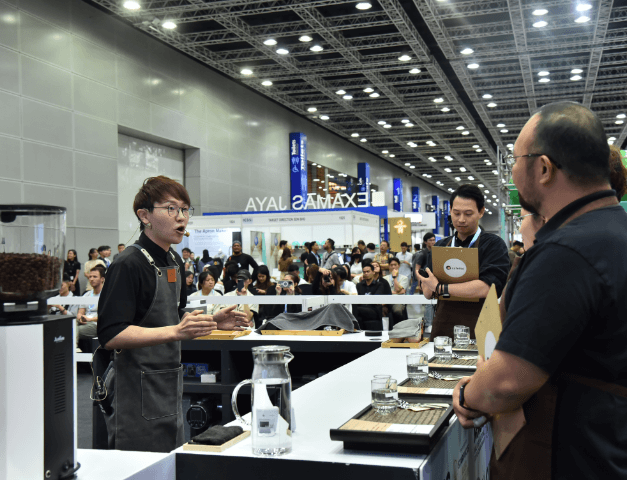Uh-oh, just when the end was in sight, Malaysia’s Prime Minister Tan Sri Muhyiddin Yassin announced that the movement control order (MCO) will be extended by another 14 days.
If all goes according to plan and Malaysia does manage to #FlattenTheCurve, lives should return to normal after 14 April 2020.
Until then though, a lot of businesses have been heavily affected and although food has been considered an “essential service”, the industry has experienced intense losses already.
The local government is trying to ease the burden of all those along the food supply chain but it waits to be seen whether their measures will actually have a positive impact, or at least help, the F&B industry.
Here’s a recap of what has happened to the Malaysian F&B scene since the MCO started.
On Tuesday (18 March 2020), the MCO has announced after the number of Covid-19 cases skyrocketed over a few days. All non-essential services were ordered to close and restaurants were only allowed to operate takeaway and delivery options. No dine-in under any circumstance.
Open-air markets, both night and day, were not allowed to operate. Yet, wet markets housed inside brick-and-mortar buildings could still remain open. The conflicting directive drew flak from traders and the public who argued that you were less likely to contract the virus in an open-air area compared to a confined, sealed-in space. On top of that, the traders operating in open-air markets were also licensed by the authorities to carry out their business.
Over in the supermarkets, people pushing trolleys overflowing with items formed long queues at the cashiers.
Masking tapes were used to designate distances of 1m to adhere to social distancing, the new norm in our lives during this period.
The wait to pay for your haul could reach an hour, causing some to just abandon their carts, irresponsibly, with perishables that could spoil in a matter of hours.
This was the ugly side of panic buying.
The government had assured that there would be no food shortage and that supplies will be replenished as suppliers could still operate. Still, the shelves were cleared, fresh produce, canned foods, noodles, rice, eggs, you name it. They were gone.
Some supermarkets even wrongly imposed a rule that no one could enter their premises without a face mask. A “directive” that was immediately clarified by the Health Minister Dato’ Sri Dr Adham Baba who said that only frontliners, those facing the public and those who were genuinely sick were required to wear a mask. It was optional for everyone else and no one is allowed to ban entry to patrons just because they didn’t possess a face mask. Unless of course, they actually had to wear one.
Supermarkets were quick to withdraw this “rule”, after all, no business wants to get in trouble with the government. Some even provided plastic gloves so that no one has to make direct contact with the items available, thus reducing the spread of the virus.
Then there was the SMS sent out to every mobile phone user stating that only the head of the household could go out to buy essentials. Once again, this drew the annoyance, and amusement, of the public. The message from the National Security Council was legitimate, though perhaps not properly worded. Modern families do not have a “head of the household” anymore and what about those who are single or living with their aging parents. You can’t expect the old man to be doing the market runs if he is physically incapable of it.
To sum things up, the MCO started out with a lot of confusion. From vague to conflicting instructions from the authorities, to something slightly more clear as they defined what the order actually meant.
After 10 days, we’re slowly adjusting to the “new normal”, which hopefully won’t last any longer than another 18 days. There is a high chance a lot of small businesses will be severely affected by the MCO and none of us want that to happen.



